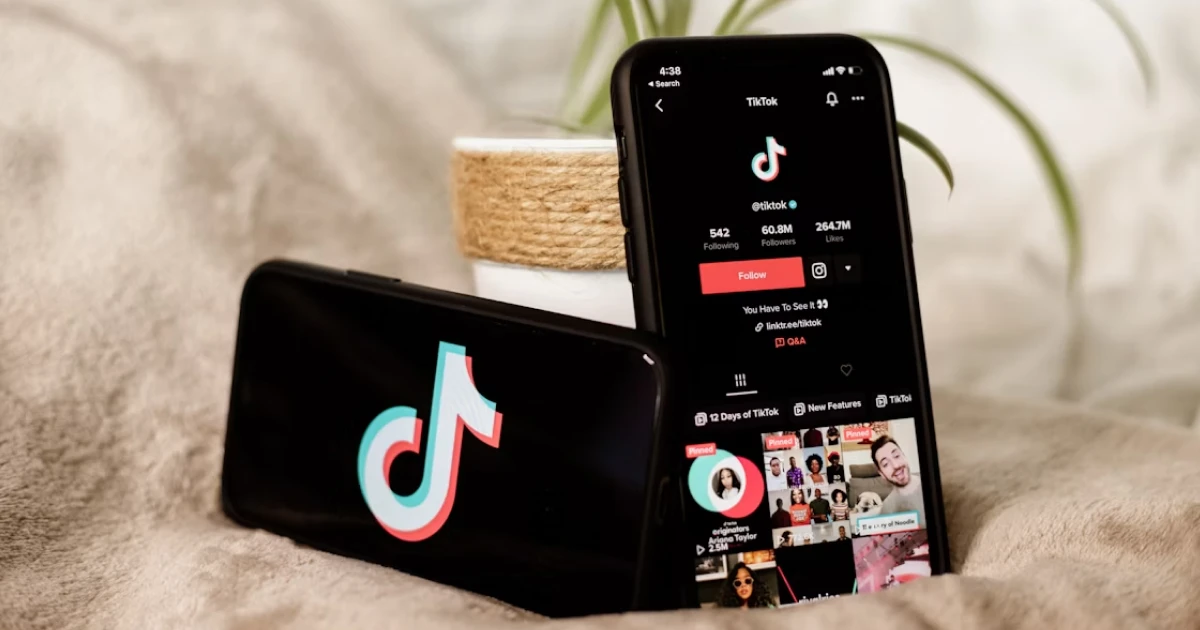become such a big part of our lives. Actually, I was recently talking to my friends about our average screen time and how much we spend endlessly scrolling through our phones.
Although not surprisingly enough, it’s crazy to see that each of us spends more than three hours a day on Instagram, TikTok, and WhatsApp. And this isn’t only a problem for my generation – social media has impacted people of all ages. Even my grandma hops on Facebook every day to see what is new on her feed.
So this leads me to wonder: Why? Why do we feel this compulsion to constantly check our feeds and see what others are up to? Why do we spend hours on end every day, even though we might have other things to do?
Why do we love it so much?
Is it the instant gratification of receiving likes and comments on our posts? Is it the sense of community that we feel when we interact with others online? Is it the dopamine that keeps us hooked with constant flows of information and stimuli? Or is it because it has become such normality – a habit that we just cannot break free from – that it feels somewhat unnatural not to have access to it?
But turns out the real answer is a combination of all of these and more. In fact, social media has tapped into some deep-seated psychological needs that we all have, and that’s why most of us can’t even imagine going a day without scrolling through our feeds.
It’s clear that the instant gratification that we receive from social media is a significant factor in our addiction.
With just a click, we can receive likes and comments, which gives us a quick dopamine boost. Every time we post something and see those little notifications pop up, our brains release a little hit of dopamine – the same chemical that's released when we eat chocolate. It's a small but powerful reward that keeps us coming back for more. Truth be told, it feels good to be acknowledged and appreciated, even if it's from strangers on the internet especially if it’s from our friends.
But it's not just about the likes and comments – it's also about the sense of validation that comes with them. When we post something and get positive feedback, it reinforces our sense of self-worth and makes us feel good about ourselves. In a world where we're constantly bombarded with messages telling us we're not good enough, social media can be a powerful antidote.
Sourcing our self-esteem from social media is not a new concept. It’s been around since the birth of social media. I remember being on MySpace, and I would become so happy when my friends picked me to be in their top 8 friends. It was better than any compliment received. But I would be so devastated when one of my friends didn’t include me in their list, despite them being in mine.
This was a child's game – I’m aware of this! However, the underlying issue is the idea of painting a specifically curated online picture of ourselves. And with the increase of social media, we have become wired to keep this identity up so that we think highly of ourselves. The higher our likes or followers count, the more popular we are the higher our confidence is. For narcissists, the need for admiration is intensified by the positive feedback they receive, fueling even their narcissistic tendencies. However, anxious people might perceive online interactions as a representation of how people perceive them in real life, the reactions only amplifying or reducing their feelings of anxiety.
For this reason, we don’t necessarily love social media. But rather we love, and we are addicted to the effects that social media has on us.
We didn’t only become addicted to external validation, but rather of the information that we see on social media.
We want to know the latest news. The latest trends. The latest memes. The latest trending TikTok sounds. Otherwise, the fear of missing out (FOMO) would appear, and we wouldn’t feel as cool as our friends. So what do we do? We keep scrolling and scrolling and scrolling.
There’s no denying that this endless stream of memes, TikToks Reels, and other content has turned into a source of entertainment that we can’t seem to get enough of. Part of the appeal is that it’s constantly updated with fresh content that can be spread at lightning speed, and of course, we are in on the joke.
But why exactly? One reason could be that it provides us with a sense of connection and belonging. In fact, this could be considered the definition of online “quality time” spent with our friends. So, when we see that our friends are sending us “friend homework”, we rush to check what they sent us because we want to laugh with them.
But at the same time, social media creates a space where people can be their authentic selves without the fear of judgment. So ho can we not love it?
Social media has also brought many positive changes to our lives – one of which is the ability to express ourselves in ways that we may not be able to in real life. We can explore new identities and try on different personas so we can truly develop our true personalities.
This can be liberating and empowering, especially for those of us who feel stifled or restricted in our offline lives. We can connect with like-minded people, form communities, and discuss topics that might be taboo or frowned upon in real life.
These psychological factors – social connection, self-expression, validation, dopamine, and FOMO – come together to create a powerful lure that keeps us hooked on social media. So, the next time you mindlessly scroll through your social media feeds, remember that there is a lot more going on beneath the surface. Social media is tapping into some of our basic psychological needs, and that’s why we can’t seem to get enough of it.




.webp)











